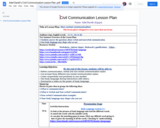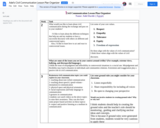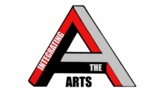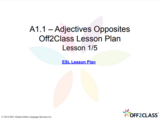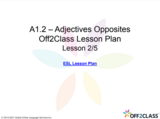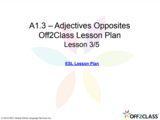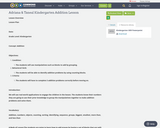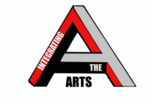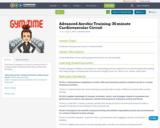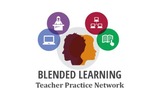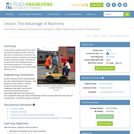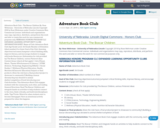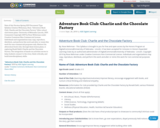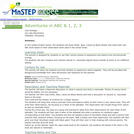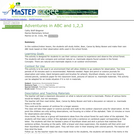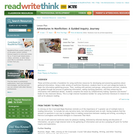Adventure Book Club - The Boxcar Children
By: Rose Wehrman - University of Nebraska-Lincoln Copyright 2018 by Rose Wehrman under Creative Commons Non-Commercial License. Individuals and organizations may copy, reproduce, distribute, and perform this work and alter or remix this work for non-commercial purposes only.
NEBRASKA HONORS PROGRAM CLC EXPANDED LEARNING OPPORTUNITY CLUBS INFORMATION SHEET:
Name of Club: Adventure Book Club
Age/Grade Level: 3rd Grade
Number of Attendees: (ideal number) 8 or fewer
Goal of the Club: (learning objectives/outcomes) Jumpstart critical thinking skills, improve literacy, and encourage students to engage with books
Resources: (Information for club provided by) The Boxcar Children, various Pinterest ideas
Content Areas: (check all that apply)
☐ Arts (Visual, Music, Theater &Performance)
☒ Literacy
☐ STEM (Science, Technology, Engineering &Math)
☐ Social Studies
☐ Wellness (Physical Education, Health, Nutrition &Character Education)
Outputs or final products: (Does the club have a final product/project to showcase to community?) Building a boxcar diorama/dog toys donated to animal shelter/completion of book
Introducing your Club/Activities: This Adventure Book Club engages students with the community, each other, and reading.
General Directions: Read The Boxcar Children and integrate hands-on activities to help students connect to the story, think critically, and build interdisciplinary skills.
Tips/Tricks: Watch for when students start to become disengaged. Have an intentional activity prepared for when this happens.
